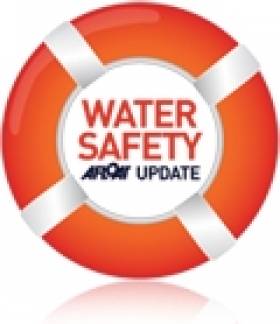Displaying items by tag: digital selective calling
Nine out of 10 Distress Alerts in US 'Have No Location Info'
The US Coast Guard has shown concern at the number of distress calls made from yachts that do not include GPS position information to aid rescuers in their location.
Already in the US, all newly installed VHF radios are required to have digital selective calling, which transmits distress calls to search and rescue services with the yacht's MMSI (Maritime Mobile Service Identity), a unique identifier for the yacht that includes its name, home port and owner's name. The new units are also connectable to onboard GPS systems.
But most yacht owners do not connect their radios to GPS, it's argued, and many have not registered their MMSI.
Sail World reports comments from US Coast Guard Rear Admiral RE Day, who said: "Of the roughly 100 digital selective calling distress alerts we are now receiving each month, about nine out of 10 do not have position information."
He added: "There's little the Coast Guard can do after receiving a distress alert with no position information, using an unregistered MMSI and having no follow-up voice communications."
Afloat.ie asks: Are yacht owners in Ireland more safety conscious than their US counterparts? Or do we need to take more care to provide the right info to search and rescue services? Have your say in the comments below or at the Afloat.ie forum!
























































